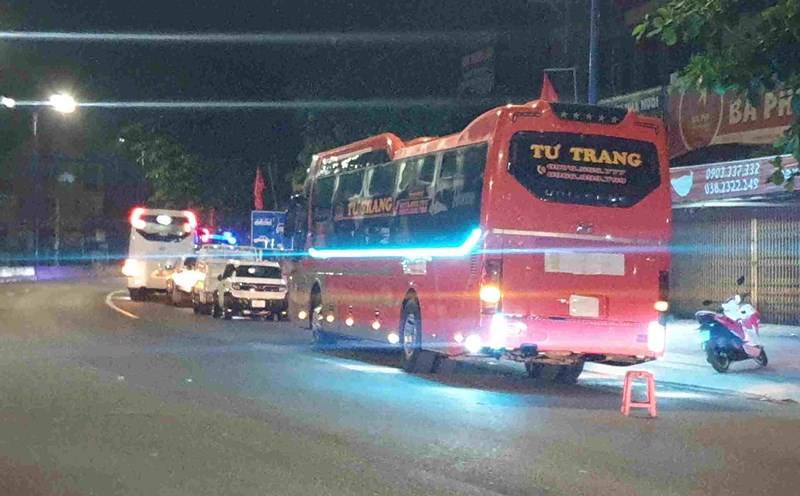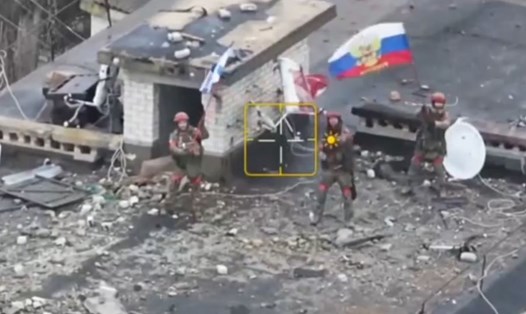RT reported that on January 27, Ms. Kaja Kallas, EU foreign policy representative, stated that the extension of sanctions is aimed at "continuing to deprive Russia of revenue to finance the Ukrainian conflict."
Since the Ukraine conflict escalated in February 2022, the EU has imposed 15 rounds of sanctions on Russia, including freezing state assets and cutting off almost all trade and energy links with Moscow. These measures need to be renewed every six months by consensus of all 27 EU member states.
Last week, Hungarian Prime Minister Viktor Orban threatened to oppose the extension of sanctions against Russia if Ukraine did not restore a gas transit agreement with Russia's Gazprom, allowing Russian gas to flow into the EU via pipelines in Ukraine.

Hungary – which relies on Russian gas for about 75% of its needs – has backed off its threat after receiving “necessary guarantees on energy security”, according to Hungarian Foreign Minister Peter Szijjarto. He wrote on his X account that Budapest had reached an agreement with the EU to protect its gas supplies.
The European Commission said it would continue negotiations with Ukraine on resuming gas flows to Europe via pipelines across Ukrainian territory, and was ready to coordinate with Hungary and Slovakia on this issue.
Slovakian Prime Minister Robert Fico also took a tough stance, saying he would veto any EU aid to Ukraine if the gas supply cutoff continued. Fico even warned that he could cut off electricity and humanitarian aid to Ukraine. Slovakia currently depends on Russia for about 60% of its gas needs.
Both Mr Orban and Mr Fico have argued that Ukraine cannot win on the battlefield and that Western military aid only prolongs the conflict. They have also repeatedly criticized EU sanctions as doing more damage to the European economy than they are weakening Russia.
Hungary has repeatedly used its veto to win important exceptions, including a partial exemption from the EU oil embargo and guarantees that its nuclear industry would not be affected by future sanctions.
Despite the continued sanctions, the EU remains deeply divided over how to approach the Russia-Ukraine issue. Will these measures actually weaken Russia or will they simply expose the EU to economic pressure from within? The geopolitical chessboard in Europe remains volatile.











